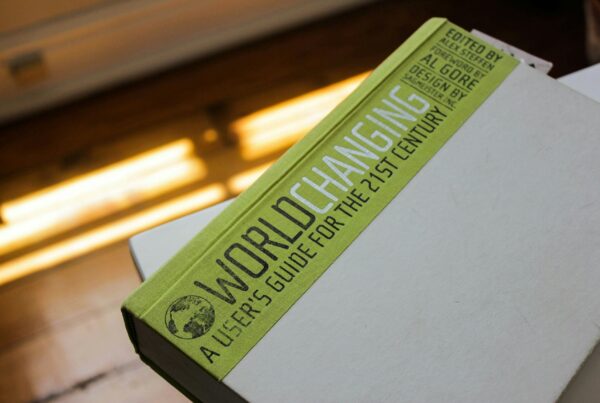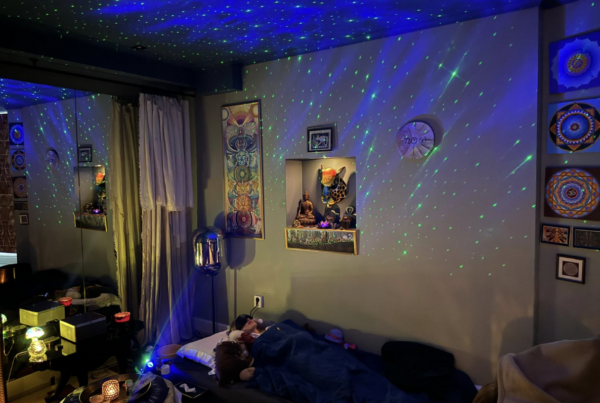

‘Opposites attract.’
People who differ from us are often perceived as interesting, which might be caused by the ‘mystery’ that comes with just not quite understanding them. Though it can be exciting to learn about people we perceive as being real opposites to us, we are humans, not magnets. Lots of romance novels would paint a different picture but psychological science is clear on the matter: Similarities are a defining factor of attraction – not differences.
A study of behavior-based personality-assessment (Youyou,et al., 2017) investigated the digital footprints of over 45.000 participants and found that not just among spouses but also between friends multitudinous similarities in characteristics are to find, such as attitudes or religion. The results indicate that both romantic partners and friends are sharing similarities in personality, which fittingly confirms the title of the study: “Birds of a Feather Do Flock Together”.
But science wouldn’t be science if there wasn’t a meta-analysis to back it all up. Over 300 studies were evaluated in such an analysis in 2008 (Monotoya, Horton & Kirchner) which gathered insight on the impact of actual and perceived similarity on interpersonal attraction. Significant and large associations were found not only between actual similarities and interpersonal attraction but also between perceived similarities and attraction. Nevertheless, perceived similarities seem to have a specific importance: contrary to the actual similarities they were predictive for attraction in all no-interaction, short-interaction, and existing relationship studies.
It seems that while differences could potentially catch our interest in the first place, similarities – and especially the perception that someone is similar to us – is a main factor in attraction.
Photo by Nick Fewings

Photo by Nick Fewings
‘Opposites attract.’
People who differ from us are often perceived as interesting, which might be caused by the ‘mystery’ that comes with just not quite understanding them. Though it can be exciting to learn about people we perceive as being real opposites to us, we are humans, not magnets. Lots of romance novels would paint a different picture but psychological science is clear on the matter: Similarities are a defining factor of attraction – not differences.
A study of behavior-based personality-assessment (Youyou,et al., 2017) investigated the digital footprints of over 45.000 participants and found that not just among spouses but also between friends multitudinous similarities in characteristics are to find, such as attitudes or religion. The results indicate that both romantic partners and friends are sharing similarities in personality, which fittingly confirms the title of the study: “Birds of a Feather Do Flock Together”.
But science wouldn’t be science if there wasn’t a meta-analysis to back it all up. Over 300 studies were evaluated in such an analysis in 2008 (Monotoya, Horton & Kirchner) which gathered insight on the impact of actual and perceived similarity on interpersonal attraction. Significant and large associations were found not only between actual similarities and interpersonal attraction but also between perceived similarities and attraction. Nevertheless, perceived similarities seem to have a specific importance: contrary to the actual similarities they were predictive for attraction in all no-interaction, short-interaction, and existing relationship studies.
It seems that while differences could potentially catch our interest in the first place, similarities – and especially the perception that someone is similar to us – is a main factor in attraction.



